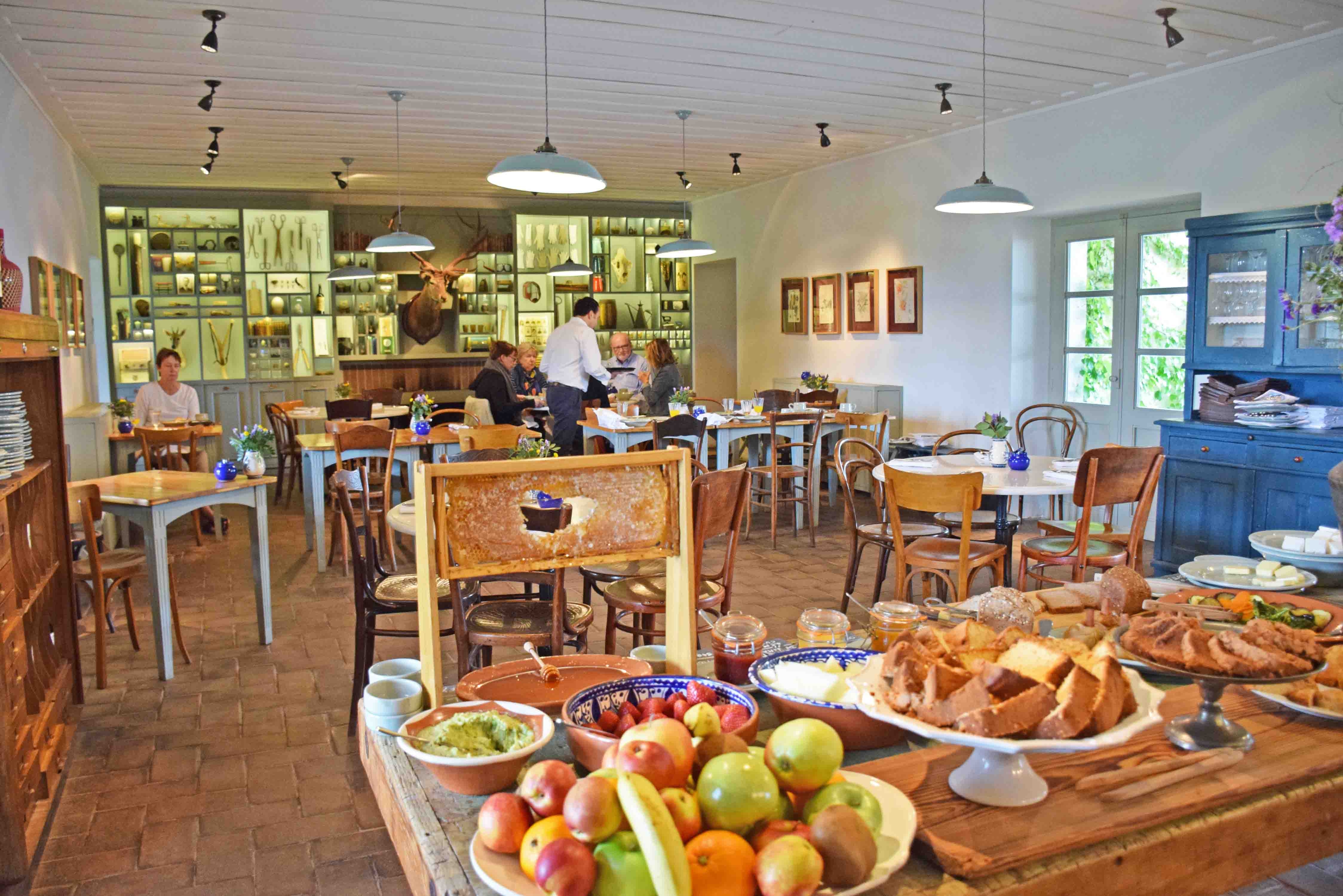
While Portugal’s cities charm visitors with their energy and history, it is in the countryside that the country reveals its truest soul.
Far from the noise of the metropolises, another Portugal unfolds — the one of the Douro Valley’s slopes, the golden plains of the Alentejo, the mountains of Serra da Estrela, and the lush orchards of Minho.
Here, luxury is not measured in extravagance, but in essence.
And from this philosophy has emerged a new generation of rural hotels that bring together nature, terroir, and the art of living well.
These establishments tell the story of an authentic Portugal, where time slows down, flavors deepen, and encounters are genuine.
Each guesthouse, each quinta, each eco-lodge is an invitation to rediscover the country through its landscapes, its traditions, and its legendary hospitality.
Back to the Roots of an Agricultural Nation
Before becoming a trendy destination, Portugal was, for centuries, a land deeply connected to the soil.
From the Alentejo to Trás-os-Montes, generations cultivated vines, olive trees, and wheat, building an intimate relationship with nature.
Today, this heritage has found new life and meaning.
Many rural properties have been restored and transformed into hotels that respect the land, often run by local families.
Traditional architecture is preserved, materials come from the region, and the food served is sourced directly from the garden or nearby producers.
The result is a form of hospitality that feels sincere and grounded, where the visitor ceases to be a client and becomes a guest.
These places embody the will of a nation to value what is most essential: its land and the people who nurture it.
Experiences that Reconnect You with Nature
Sleeping in a quinta surrounded by olive trees, walking among the vineyards of the Douro, or swimming in a mountain river — rural hotels in Portugal are not mere places to stay but open gateways to the land.
Many of them offer activities that put nature at the center of the experience: pottery workshops, seasonal harvests, stargazing, or introductions to wine production.
At São Lourenço do Barrocal, near Monsaraz, horses graze freely around the rooms and the sunsets stretch endlessly over the Alentejo hills.
At Craveiral Farmhouse, in Zambujeira do Mar, guests take part in daily farm life, taste vegetables from the garden, and share open-air meals.
Every stay becomes an immersion into a living Portugal, where nature is not a backdrop but a vital presence.
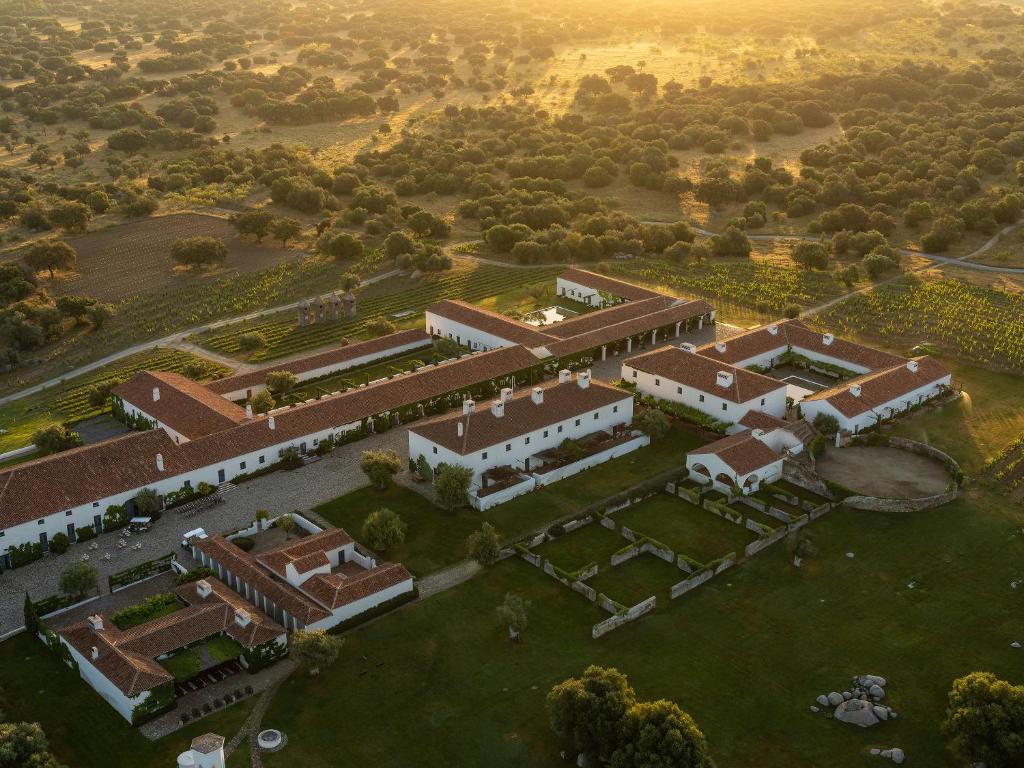
Terroir as a Guiding Thread
Gastronomy is one of the defining strengths of this rural hospitality.
Chefs draw inspiration from ancestral recipes and local ingredients, reinterpreting them with modernity without losing their authenticity.
Olive oil, sheep’s cheese, homemade bread, honey, wild herbs, and local wines form the foundation of a cuisine that is both simple and refined.
In the Douro, hotels nestled among vineyards combine fine dining with wine tourism, offering tastings and guided walks through the estates.
In the Algarve’s inland regions, one discovers a rustic cuisine rich in flavor, where open fires and red earth tell ancient stories.
Each meal becomes a moment of sharing — a meeting with the heart of Portugal, where taste and conviviality are inseparable.
The Charm of Rural Homes and Eco-Lodges
Beyond the large estates, Portugal abounds with small rural houses that have been transformed into charming retreats.
They are distinguished by their simplicity, warmth, and seamless integration into the landscape.
The casas de campo of Minho, for example, offer discreet comfort and a family atmosphere.
The eco-lodges of Serra da Lousã or the mountain refuges of Gerês attract those seeking nature and authenticity.
These are places where silence becomes a luxury, where mornings begin with birdsong, and where slowness is celebrated as a way of life.
Many rely on renewable energy, rainwater collection, and sustainable materials, proving that comfort and ecology can coexist beautifully.
It is a form of hospitality that is human, poetic, and built on balance rather than excess.
A Philosophy of Life: Portugal and the Rediscovery of Time
This movement is not a passing trend but a genuine philosophy of travel.
The Portuguese have understood that their greatest treasure is not found in skyscrapers or infinity pools, but in time — time for oneself, for others, for living.
In the rural hotels of Portugal, one rediscovers that gentleness, that patience, that quiet generosity so characteristic of the country.
Here, modernity meets slowness, nature merges with design, and tradition blends with creativity.
Architects, designers, and artisans work hand in hand to create spaces that breathe sincerity.
Everything is designed to awaken the senses: the scent of wet earth after the rain, the golden light of dusk, the distant hum of cicadas.
It is another form of luxury — that of silence, authenticity, and the present moment.
Conclusion
Portugal’s rural hospitality is more than a tourist trend; it is a cultural renaissance.
It tells the story of a nation that remains true to itself, proud of its landscapes, its agriculture, and its sense of welcome.
In every quinta, every restored farmhouse, every whitewashed refuge lost in the countryside, there lies the same promise: that of a Portugal that is real, human, and luminous.
Staying in these places means reconnecting with nature, embracing slowness, and understanding that the most beautiful Portugal is not necessarily the one you photograph, but the one you feel.
A Portugal of the heart, where every smile, every meal, every landscape becomes an encounter with the essential.
Share this article
Suggested articles
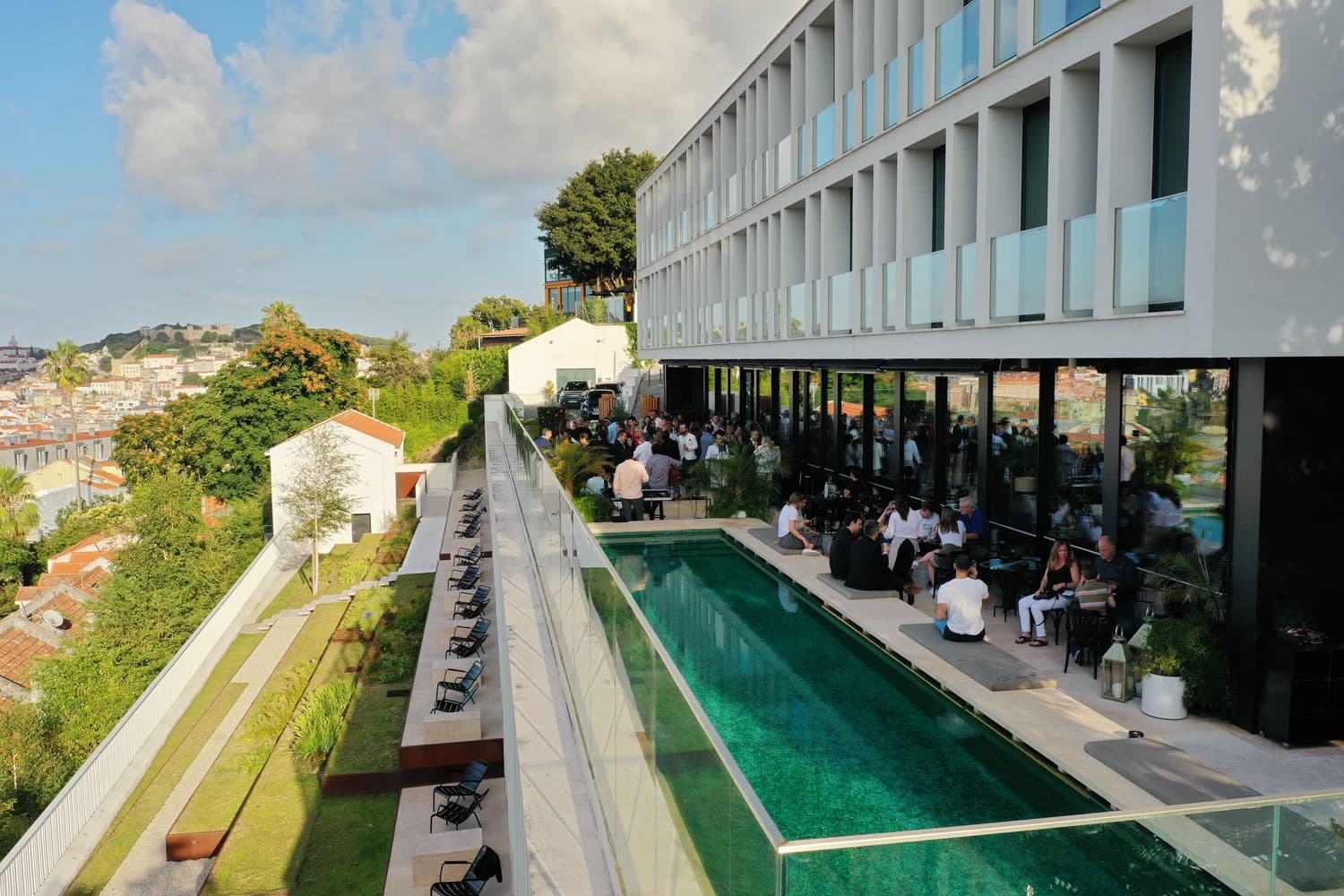
Portugal Through Its Boutique Hotels: Intimate Journeys and Stories to Tell
To discover Portugal through its boutique hotels is to embark on a journey designed on a human scale, an experience where every place tells a story and every room seems to have a soul. Far from tourist resorts and impersonal chains, these establishments cultivate a unique charm, an atmosphere built on calm, beauty, and attention to detail.
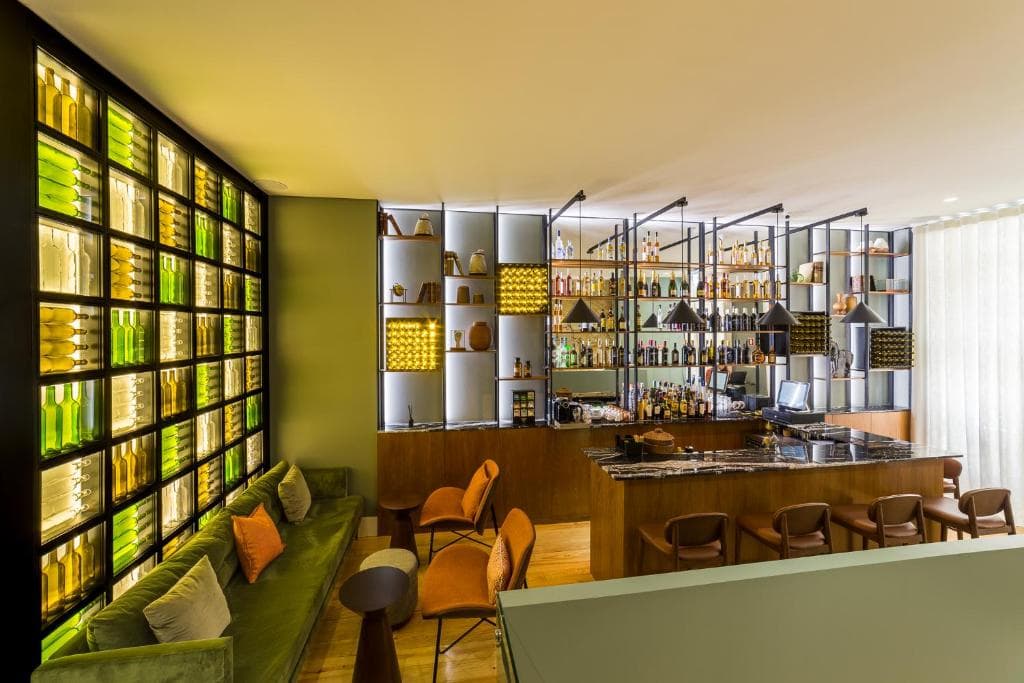
Cultural Fusion: When a Hotel Becomes an Art Gallery or Experimental Space
There is in Portugal a creative energy that never ceases to surprise — a rare ability to merge the old and the contemporary, tradition and modernity, without ever losing authenticity. In a country where culture has always been a lived experience rather than a concept, hotels are now becoming far more than places to stay: they are galleries, studios, and at times, living laboratories where art and life intertwine.
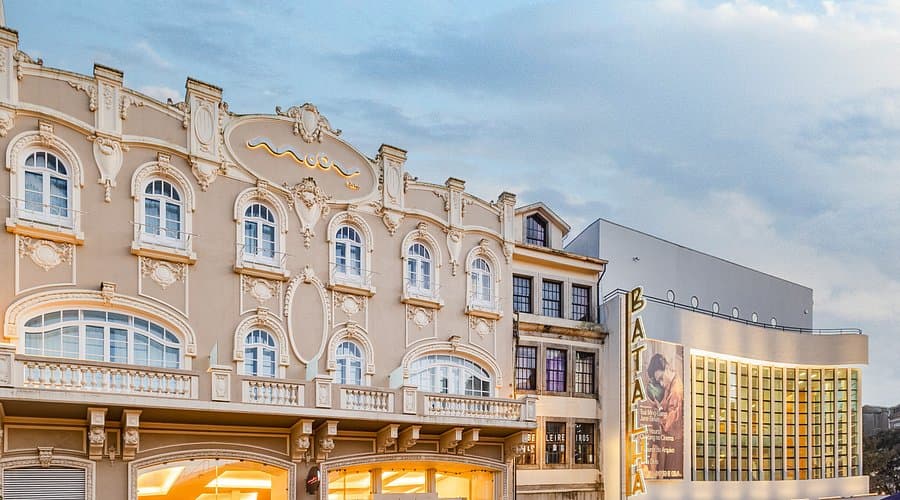
Design and Local Identity: How Contemporary Hotels Tell the Story of Modern Portugal
There is something unique about the way Portugal reinvents itself without ever losing its essence. While other countries seek to impress through spectacle, Portugal prefers to enchant through sincerity. In the contemporary hotels that have emerged from north to south, one senses a delicate harmony between innovation and memory, between architectural boldness and artisanal subtlety.
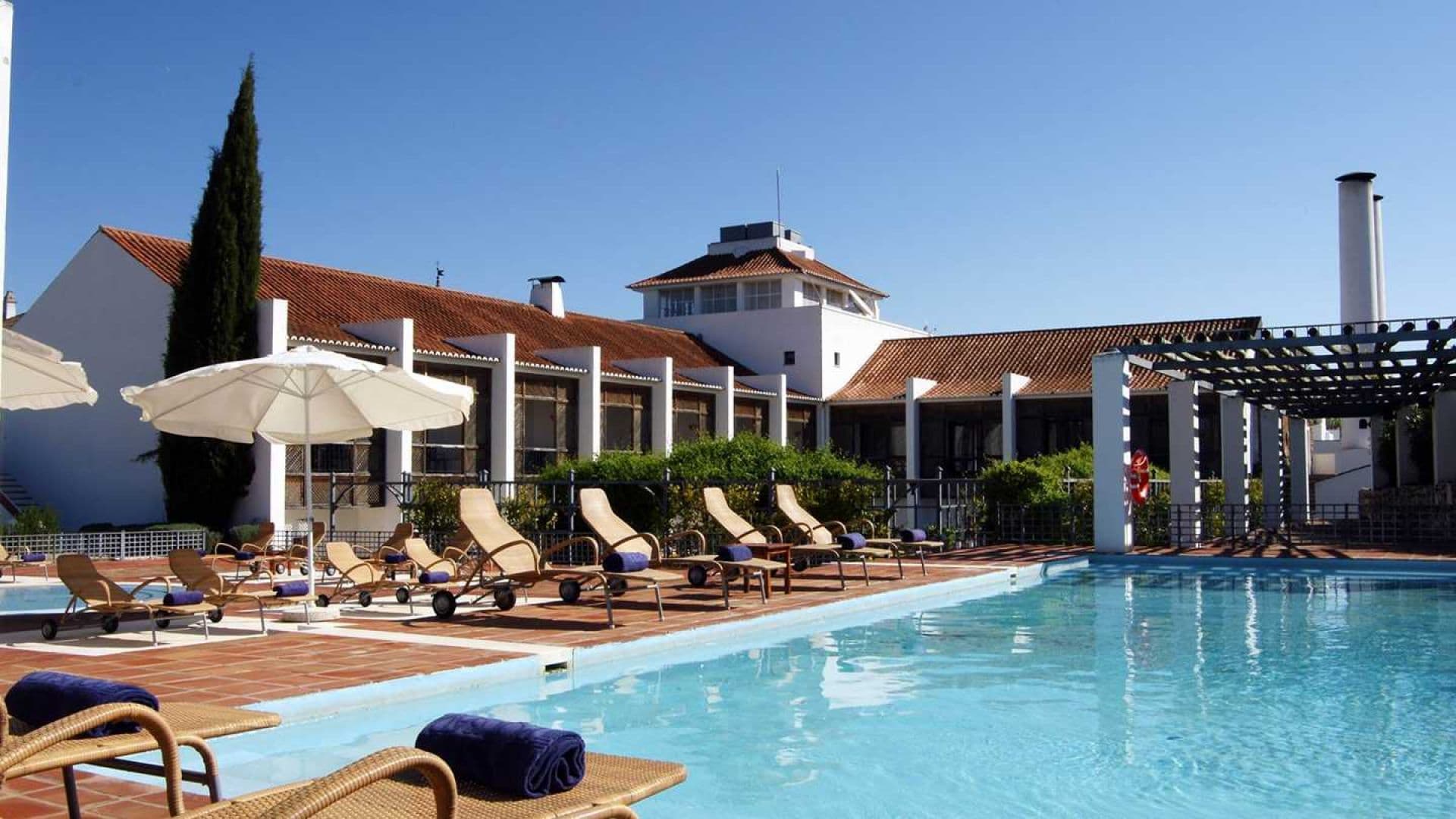
When Hospitality Becomes Heritage: The Historic Hotels of Portugal
Portugal is a country that doesn’t just preserve its heritage: it inhabits it, reinvents it, and shares it with its visitors. Across the nation, historic buildings have been given new life as hotels, where the charm of the past meets the comfort of the present. Sleeping in a former convent or royal palace here isn’t an unattainable luxury, but a way to experience Portuguese history from within.


